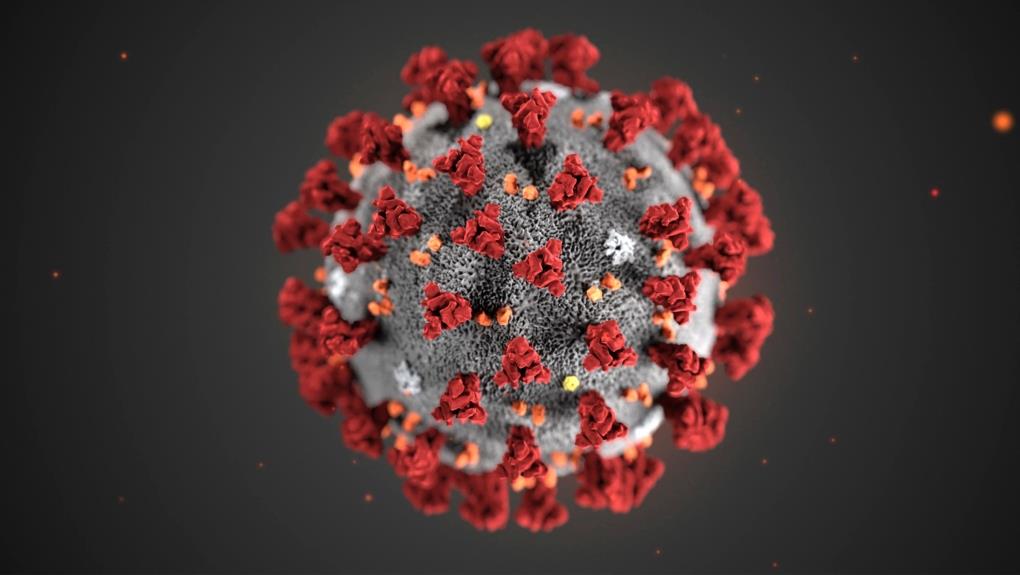Phnom Penh (FN), Mar. 24 – The outbreak of Covid-19 pandemic is shaking the whole world. A global economic recession is looming large. National boundaries are being drawn to contain the virus. Anti-globalization rhetoric is gaining steam and racism is on the rise. China-US blame game and competition is gaining steam. The outlook of the bilateral relations between these two global powers is murky and bleak.
It seems that the world is falling apart. The crisis draws the worst as well as the best of human beings. Selfish national interests have become even more predominant in international system. Within ASEAN, there is a lack of strong, united political commitment in addressing the crisis. There is no coordinated action at the regional level. “One ASEAN. One Response” regional campaign is being questioned with regard to its effectiveness.
The Covid-19 pandemic is an unprecedented global health crisis. The World Health Organization (WHO) has been working round the clock in responding to the crisis especially through the promotion of international cooperation, information and knowledge sharing, public awareness campaign, the provision of medical supplies to the countries in need.
Global inaction or slow in action has caused the pandemic to spread fast. Containment and mitigation strategy need to be implemented simultaneously. A comprehensive approach needs to be undertaken such as massive proactive testing, contact tracing, social distancing, and treatment.
Building a global alliance against the outbreak of the virus is necessary. Early this month, the Solidarity Response Fund was created to help countries respond to the pandemic. The fund, the first-of-its-kind, enables private individuals, corporations and institutions anywhere in the world to come together to directly contribute to global response efforts.
The WHO has issued four-point proposals as the followings.
First, prepare and be ready. Every person must know the signs and symptoms and how to protect themselves and others. Every health worker should be able to recognize this disease, provide care and know what to do with their patients. Every health facility should be ready to cope with large numbers of patients, and ensure the safety of staff and patients.
Second, detect, protect and treat. You can’t fight a virus if you don’t know where it is. Find, isolate, test and treat every case, to break the chains of transmission. Every case we find and treat limits the expansion of the disease.
Third, reduce transmission. Do not just let this fire burn. Isolate the sick and quarantine their contacts. In addition, measures that increase social distancing such as cancelling sporting events may help to reduce transmission. These measures, of course, should be based on local context and risk assessment, and should be time-limited. Even if you cannot stop transmission, you can slow it down and save lives.
Fourth, innovate and learn. This is a new virus and a new situation. We’re all learning, and we must all find new ways to prevent infections, save lives, and minimize impact. All countries have lessons to share.
Concerning Southeast Asia, due to rising community transmission, the WHO on 17 March urged Southeast Asian countries to take “urgent and aggressive measures”.
ASEAN needs to accelerate its regional response through regional policy coordination and resource mobilization to contain and mitigate Covid-19 pandemic. Some ASEAN member states have imposed strict travel restrictions on their own citizens and foreigners. Malaysia, Vietnam, Singapore, The Philippines, and Thailand, which have higher cases, have opted for austerity measures.
Both political and technical cooperation needs to be done simultaneously. The decision to temporarily close down borders with the neighbors needs to be consulted with all parties concerned in order to avoid misunderstanding as well as to coordinate collective actions to mitigate the impacts and risks.
For Cambodia, it is not question of if but the question of when the country will face the spike of infection. As of 23 March, there were 87 confirmed cases, most of them are imported cases. It needs to be noted that a small scale of community transmission has already started, so be prepared for larger scale of coronavirus contraction.
Cambodia should prepare for the worst-case scenario by taking strict measures to control the movement of people, preparing health workers and facilities, and getting sufficient necessary medical supplies. Containment strategy needs to be more aggressive and mitigation strategy needs to be more agile.
Asian Vision Institute (AVI) https://www.asianvision.org/ is an independent think tank based in Phnom Penh, Cambodia.
=FRESH NEWS
